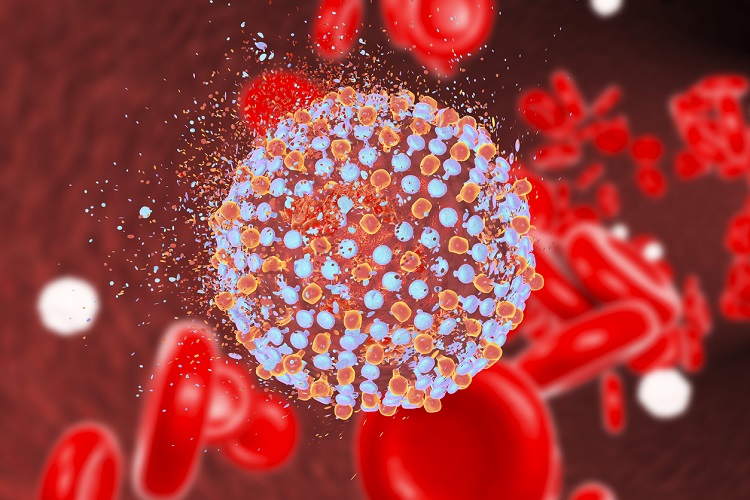Hepatitis C (HCV) is a blood-borne virus that, in the UK, is primarily transmitted between people who inject drugs. New treatments have recently become available that make HCV an easily curable infection. NHS England has committed to reducing HCV by 90% by 2025 through scaling up HCV treatment. However, most individuals with HCV do not have symptoms and are not well connected with health services. To scale up treatment, many new pilot interventions are being tested to improve the case finding and linkage of diagnosed individuals with HCV to treatment.
This project is evaluating the impact and cost-effectiveness of some of these interventions, including in drug treatment clinics, needle and syringe programmes, accident and emergency centres, pharmacies, prisons, and homeless hostels or clinics. We then plan to undertake modelling to determine the best combination of interventions to scale up treatment sufficiently to reach NHS England’s goal for people who inject drugs..

Project aim
To evaluate the impact and cost-effectiveness of case-finding and linkage to treatment interventions for Hepatitis C, and then determine the optimal combination of interventions to scale up to reduce HCV incidence by 90% by 2025 or 2030.
Anticipated impacts
The modelling is being done to guide NHS England, UK Health Security Agency and other providers on the best way to expand case-finding and treatment interventions in England.
Partners
London School of Hygiene and Tropical Medicine, NHS England, Change Grow Live
Funder
National Institute for Health and Care Research (NIHR), Gilead, European Commission, Jannsen
Project dates
January 2017 to end 2022
Lead researchers
Peter Vickerman, Professor (University of Bristol)
Sema Mandal, Dr (UK Health Security Agency)